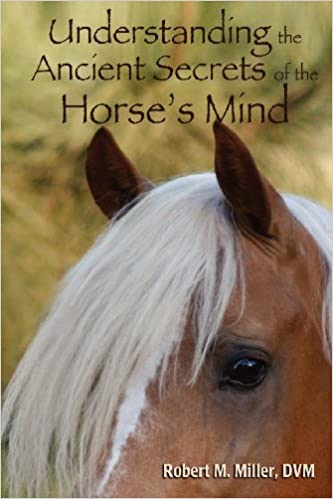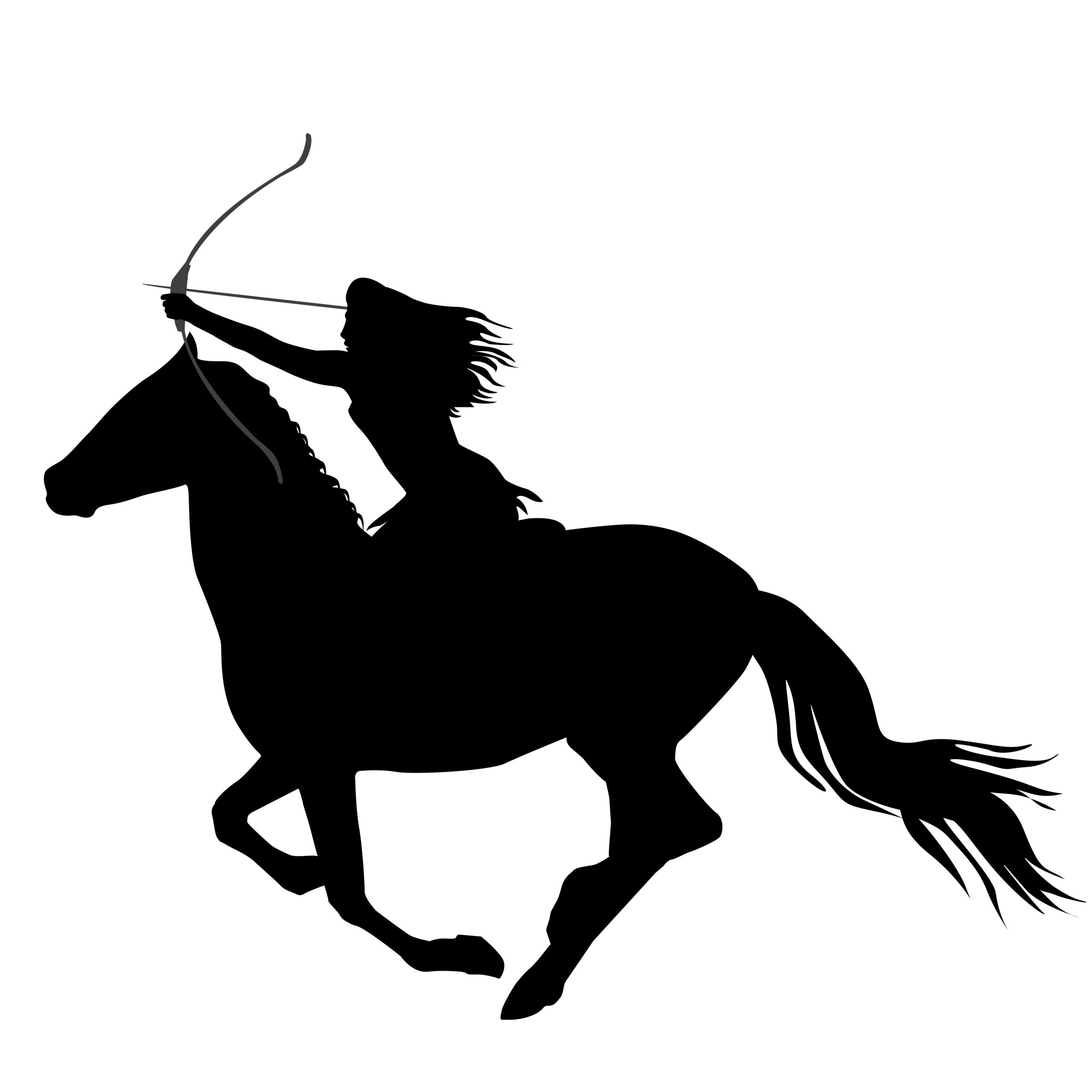Is The Most Important Part of Handling Them
It is completely beyond the scope of this post to help you understand a horse’s mind. What I hope to do is leave you with an understanding of how important it is that you do. Attempting to do anything with a horse without understanding how they think and how they behave is asking for trouble. At the very least it will leave you frustrated and confused.
A relationship with a horse is no different than a relationship with another person. A healthy relationship is supported by a lot of empathy and understanding. We certainly need both when working with horses. What makes it challenging is that in many ways horses have been programmed by evolution to think very differently than we do. If we want to to understand them we need to learn how they think. This is the work of a lifetime.
The best way to understand horse behaviour is to spend a lot of mindful time with them. Pay attention to what they pay attention to and watch how they respond to it. The second best way to do this is to read books and watch videos. Be aware there are a lot of different ideas out there about how to motivate a horse. When I read the ton of literature on this subject I tend to look for the common themes that run across diverse perspectives If I had to recommend one book it would “Understanding the Ancient Secrets of the Horse’s Mind by Dr Robert Miller. It is short and to the point and has really helped me synthesize a lot of other teachings
The 10 principles described by Dr Miller serve as an excellent entry point into understanding the mind of a horse. In addition, I think that one of the most important concepts to understand about horses is how they react to pressure and to the absence of pressure. Pressure is anything the horse wants to move away from. I have found that looking at the horse or even thinking about the horse can put pressure on it. When pressure is absent the horse experiences comfort. Other sources of comfort for a horse include leadership, companionship, and adequate resources such as food, water, and shelter. Using the application and release of pressure to motivate a horse is a fundamental training principle that is universal across most training methods. If you would like to learn more about this concept The Positive Use of Pressure is a good read.
The other night I watched the Ted Lasso episode where he said something to the effect that Rather than judging a person you are having trouble related to, try being curious about them. Get to know them and understand where they are coming from. It struck me that this is exactly what we need to do in our relationships with horses. Sure you can ride a horse without understanding it. Lots of people do, but in my opinion it is a bit of an empty experience.



